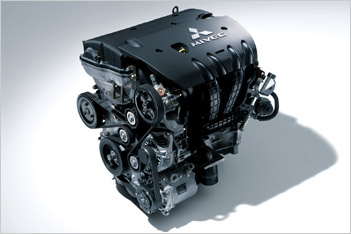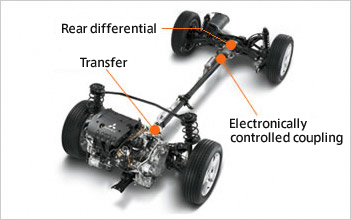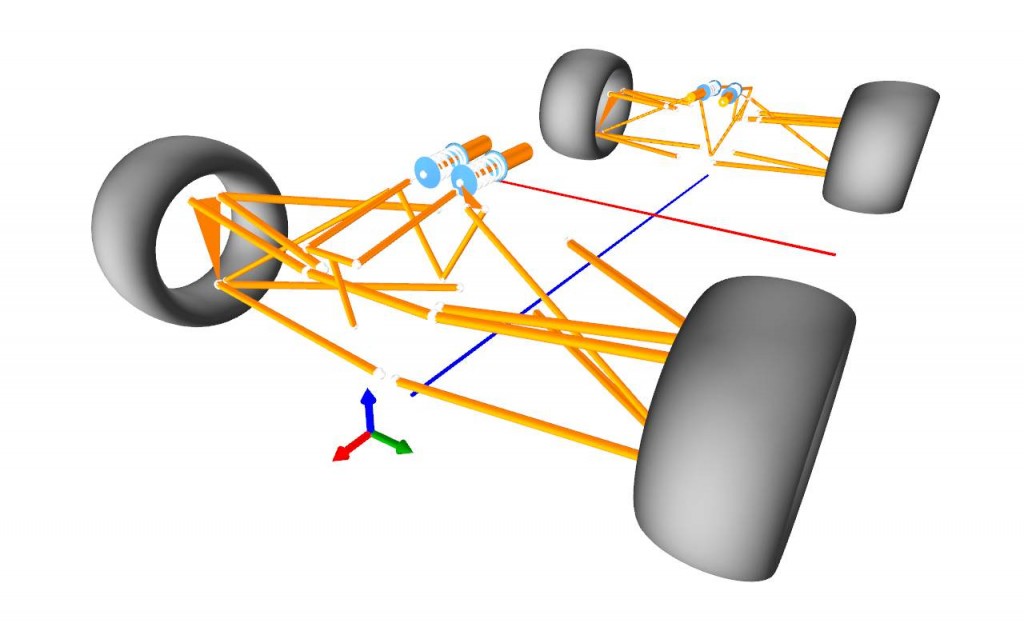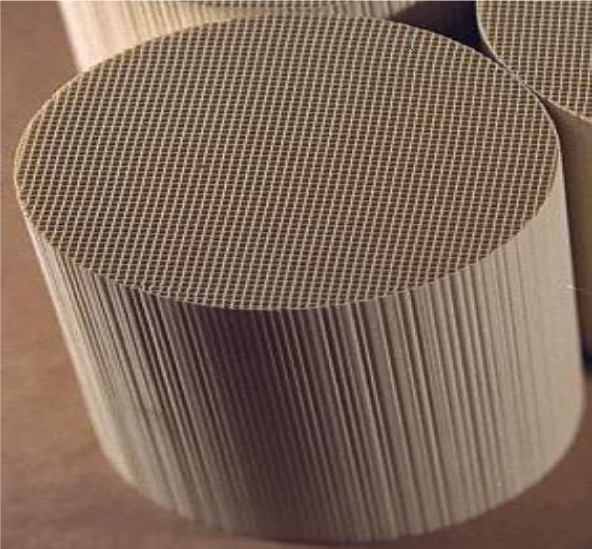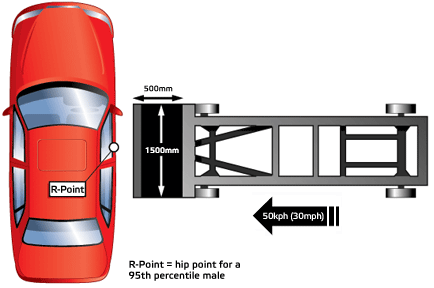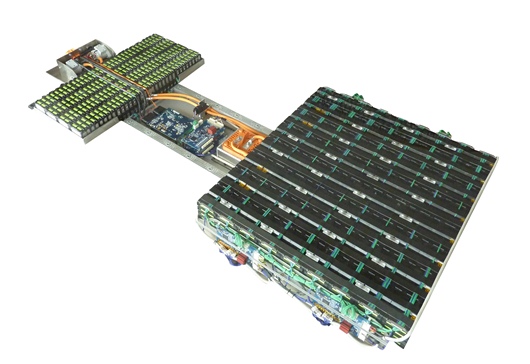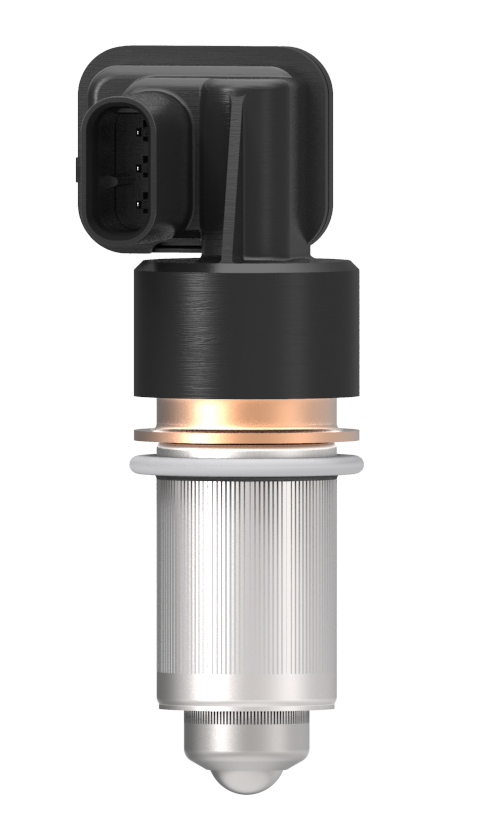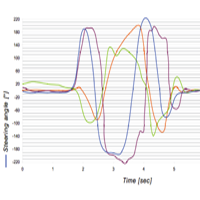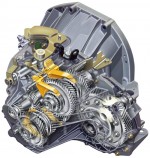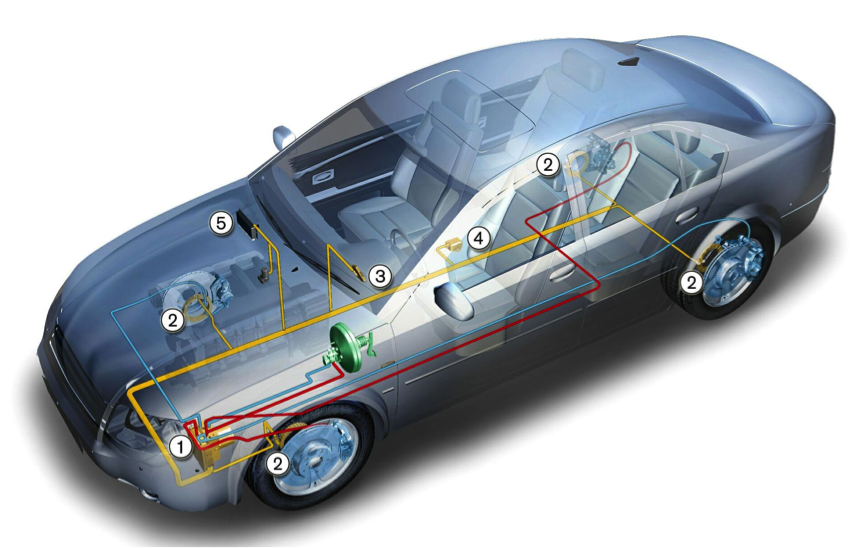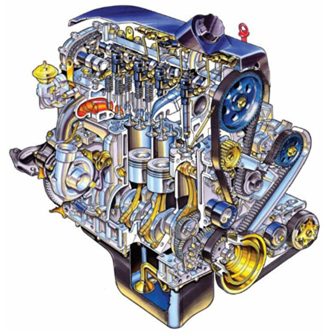Cabot announces the launch of LITX™ G700, the company’s first graphene-based additive for high energy density lithium-ion battery applications. Utilizing graphene material developed on the basis of a new technology platform, this new additive helps lithium-ion battery manufacturers achieve superior cell performance.
Battery developers for applications in electronics and electric vehicles have reached the limit in reducing the loadings of conventional carbon additives. As a result, many are resorting to alternatives such as carbon nanotubes that add significant cost as well as manufacturing challenges.
The LITX G700 conductive additive is a graphene-based additive designed for use in electric vehicle and high-end consumer electronics in which better driving range and longer run times are critical performance features. This new additive is designed to deliver the conductivity needed to achieve very high energy densities in lithium-ion batteries at ultra-low loadings in comparison to conventional additives. Less loading or volume allocated to conductive additives enables more volume to be available for energy storage materials. As a result, the LITX G700 graphene-based additive delivers step change performance in conductivity at ultra-low loadings and is easily incorporated into battery electrodes.
Graphene is a thin sheet of carbon atoms that has high electrical and thermal conductivity, and is mechanically strong. It is used as a performance-enhancing material in composites to add strength, stability, electrical and thermal conductivity, and other properties at lower loading levels than traditional materials. Its unique shape and structure provide different application opportunities from standard carbon additives. Specifically, graphene’s unique properties help to balance the overall electronic and ionic conductivity of lithium-ion battery cells that could not be achieved with other carbon additives.
“We recognize that graphenes have the potential to improve performance in a number of applications from advanced batteries to conductive plastics and tires. We see it also leading to new, stronger composite materials,” said Yakov Kutsovsky, chief technology officer. “Cabot has made and continues to make investments in graphene technology. This enables us to have a robust platform capability in which to test and further develop graphene materials.”


